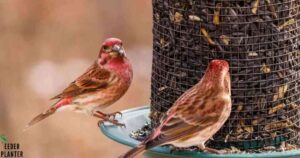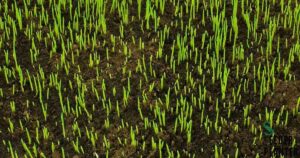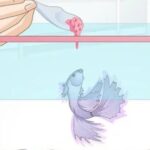These are not suitable for planting seeds as they break down quickly and may not provide adequate support for seedlings. The material can retain moisture, leading to mold or mildew issues. Opt for proper seed-starting containers with sufficient structure and drainage for successful germination.
The secret to successful seed germination by avoiding a common mistake is what seeds should not be planted in toilet paper roll? While they may seem convenient, these flimsy rolls lack the support and drainage essential for healthy seedlings. Uncover the key to thriving plants with proper seed-starting containers and watch your garden flourish.
This is not recommended due to their lack of structural support and limited drainage. These rolls break down quickly, leading to unstable conditions for seedlings. Optimal seed germination requires using proper seed-starting containers that provide stability and adequate drainage, ensuring a healthier start for your plants.
Types of seeds should not be planted.
The following types of seeds should not be planted .
- Large or Deep-Rooted Seeds
- Fast-Growing or Vigorous Plants
- Sensitive or Delicate Seedlings
Large or Deep-Rooted Seeds
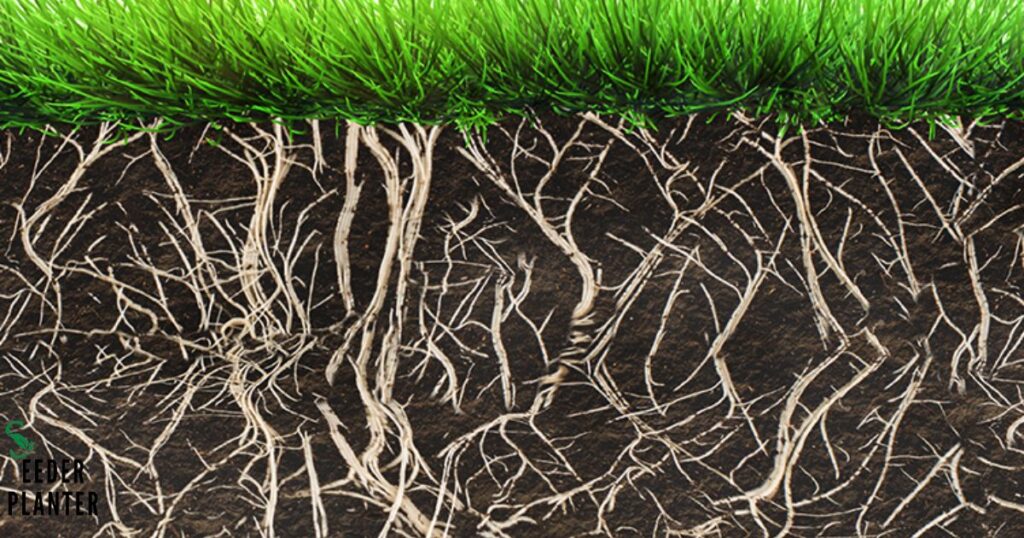
Large or deep-rooted seeds should not be planted because the confined space and shallow depth of the rolls are insufficient for proper root development. These seeds typically require more room for their roots to spread and penetrate deeper into the soil. Planting them in toilet paper rolls may lead to stunted growth and an inadequate root system, negatively impacting the overall health and vitality of the plants.
Fast-Growing or Vigorous Plants
Planting fast-growing or vigorous plants in toilet paper roll planting is not a recommended practice for several reasons:
1.Limited Space: It have a small volume of soil, and fast-growing or vigorous plants may quickly outgrow the confined space. This can lead to root crowding, nutrient depletion, and stunted growth.
2.Root Restriction: Their limited size can restrict the development of a plant’s root system. Healthy root growth is essential for the overall well-being of the plant, and inadequate space can result in a weaker and less resilient root structure.
3.Moisture Control: This paper may not retain moisture as effectively as larger containers or proper gardening pots. Fast-growing plants often require consistent and ample moisture, and the small size of toilet paper rolls may lead to the soil drying out quickly, affecting the plant’s health.
4.Nutrient Depletion:Fast-growing plants have higher nutrient requirements, and the small amount of soil in a toilet paper roll may not provide an adequate supply of nutrients. This can lead to nutrient deficiencies, hindering the plant’s growth and development.
5.Transplanting Issues: When the plant outgrows the paper roll, transplanting it to a larger container or directly into the ground may be challenging. The roots can become entangled within the paper, causing potential damage during the transplanting process.
Sensitive or Delicate Seedlings
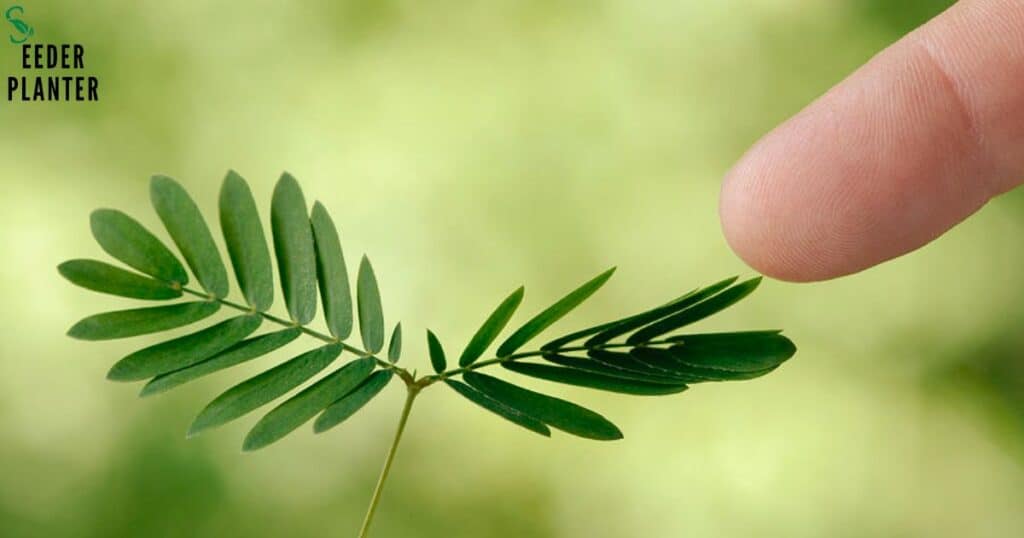
Planting sensitive or delicate seedlings in paper rolls is generally not recommended for a few reasons:
Moisture Retention: This way of planting can break down quickly when exposed to water, and this can lead to poor moisture retention. Delicate seedlings often require a stable and consistent moisture level for optimal growth. The rapid breakdown of the toilet paper may result in uneven moisture distribution, affecting the health of the seedlings.
Air Circulation: This way may not provide adequate air circulation to the roots of the seedlings. Proper aeration is essential for the development of a healthy root system. If the this paper becomes waterlogged or does not allow sufficient air exchange, it can lead to root rot and other issues.
Nutrient Limitations:Toilet paper rolls do not provide any nutritional value to the seedlings. While they can be used as a biodegradable container, they do not offer the same nutrient content as specialised seed-starting mixes or potting soils. Delicate seedlings may benefit from a nutrient-rich environment during their early growth stages.
Durability:Toilet paper rolls can lose their structural integrity relatively quickly, especially when exposed to moisture. This can make it challenging to transplant the seedlings without causing damage to their roots. More durable and stable containers are often recommended for starting delicate seedlings.
Understanding Toilet Paper Roll Planting
It is also known as seed starting in toilet paper rolls, is a gardening practice that involves using empty toilet paper rolls as containers for starting seeds. This method is a form of upcycling, repurposing a common household item for a gardening purpose. While it has gained popularity for its eco-friendly and cost-effective nature, there are certain considerations to keep in mind.
Here’s a step-by-step guide to planting:
- Collect Toilet Paper Rolls
Save empty toilet paper rolls, ensuring they are clean and free from any residual toilet paper.
- Cutting the Rolls
Cut each toilet paper roll into halves or thirds, depending on the desired size. This results in smaller, individual containers for planting seeds.
- Preparing the Rolls
Arrange the cut rolls in a seed tray or another flat surface that can hold them. Make sure they are tightly packed to provide support to each other.
- Adding Seed Starting Mix
Fill each toilet paper roll with a high-quality seed starting mix or potting soil. It’s crucial to use a well-draining and nutrient-rich medium to promote healthy seedling growth.
- Planting Seeds
Plant the seeds according to the recommended depth for each specific plant type. Keep in mind the germination requirements of the seeds, including temperature and light conditions.
- Watering
Water the seeds and soil in the toilet paper rolls, ensuring that the medium stays consistently moist but not waterlogged. Be careful not to overwater, as that paper can break down if excessively wet.
- Germination and Growth
Place the seed-filled toilet paper rolls in a warm and well-lit location to encourage germination. As the seedlings grow, continue to provide adequate light and moisture.
- Transplanting
When the seedlings are strong and ready for transplanting, the entire toilet paper roll can be planted directly into the soil. The cardboard of the roll will biodegrade over time.
Advantages of Toilet Paper Roll Planting
Planting like this offers several advantages, making it a popular and environmentally friendly method for starting seeds. Here are some of the key advantages:
Cost-Effective
Toilet paper roll planting are readily available and often free, making them an inexpensive alternative to traditional seed-starting containers. This can be especially beneficial for gardeners on a tight budget.
Upcycling and Recycling
By repurposing toilet paper rolls, this method reduces waste and promotes sustainability. It’s a creative way to give a second life to an item that would otherwise be discarded.
Biodegradability
The cardboard material of toilet paper rolls is biodegradable. When it’s time to transplant the seedlings into the garden, the cardboard decomposes naturally, eliminating the need to remove the seedlings from their containers.
Easy Transplantation
The entire toilet paper roll, with the seedling inside, can be planted directly into the soil. This minimises transplant shock for the seedlings, as their roots are not disturbed during the planting process.
Promotes Air Pruning
The porous nature of cardboard allows air to circulate through the container. This promotes air pruning of the plant’s roots, preventing them from becoming root-bound and encouraging the development of a healthier root system.
Space-Saving
It could be arranged closely together in trays, maximizing space efficiency. This is particularly advantageous when starting a large number of seeds in a limited space.
Educational Tool
That method of planting can be an engaging educational tool, especially for children or in educational settings. It provides a hands-on way to learn about plant life cycles and sustainable gardening practices.
Seedling Protection
The cardboard walls of the toilet paper roll can provide some protection for delicate seedlings against environmental factors like wind or sudden temperature changes.
Limitations of Planting
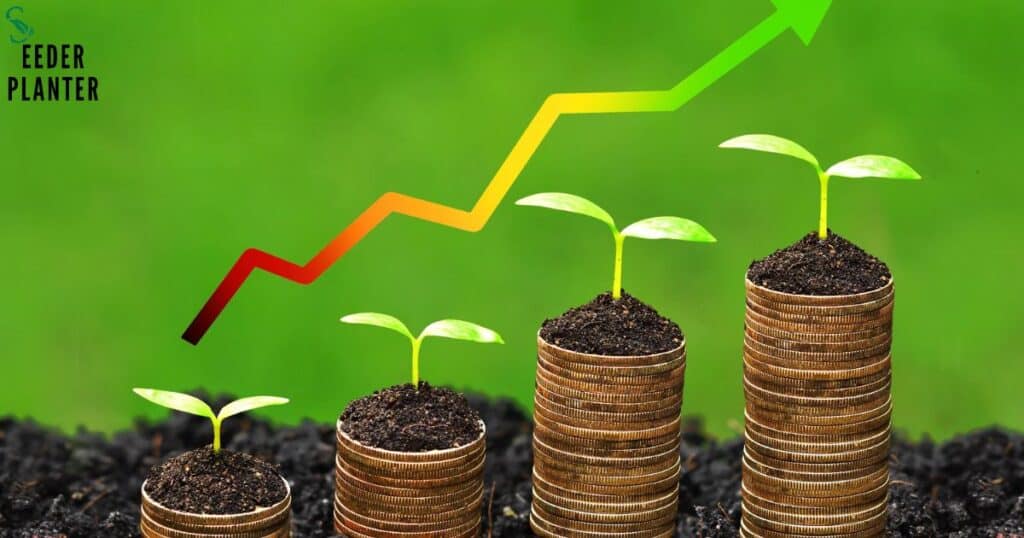
While toilet paper roll planting has its advantages, it also comes with certain limitations that gardeners should be aware of:
- Moisture Management
Toilet paper roll planting have a tendency to break down quickly when exposed to water. This can lead to uneven moisture levels within the roll, making it challenging to maintain consistent conditions for seed germination and early seedling growth.
- Air Circulation
The cardboard material of toilet paper rolls may not provide optimal air circulation to the roots. Inadequate aeration can lead to issues such as root rot, especially if the rolls become waterlogged.
- Nutrient Content
Toilet paper roll planting do not contribute nutrients to the growing medium. While they serve as containers, they lack the nutritional content found in specialized seed-starting mixes or potting soils. This means that delicate seedlings may benefit from additional nutrients as they grow.
- Durability
It may not be as durable as other seed-starting containers. If they break down prematurely, it can pose challenges during the transplantation process, potentially damaging the delicate roots of the seedlings.
- Size Limitations
Toilet paper rolls are relatively small containers. While they may be suitable for starting small seeds or seedlings, larger plants or those with extensive root systems may outgrow the limited space provided by the rolls.
- Limited Support
As the cardboard breaks down, the structural support for the seedlings diminishes. This can be a concern, especially if seedlings need to be kept in the containers for an extended period before transplanting.
- Inconsistent Results
The success of toilet paper roll planting can vary based on factors such as the type of seeds, environmental conditions, and the care provided. Inconsistent results may be more likely compared to using dedicated seed-starting containers with a reliable growing medium.
- Not Ideal for All Plants
Some plants may not thrive in toilet paper rolls due to their specific growth requirements. Sensitive or slow-growing seedlings may be better suited to more controlled environments with specialised growing mediums.
Flowers seeds that should not be planted in toilet paper rolls
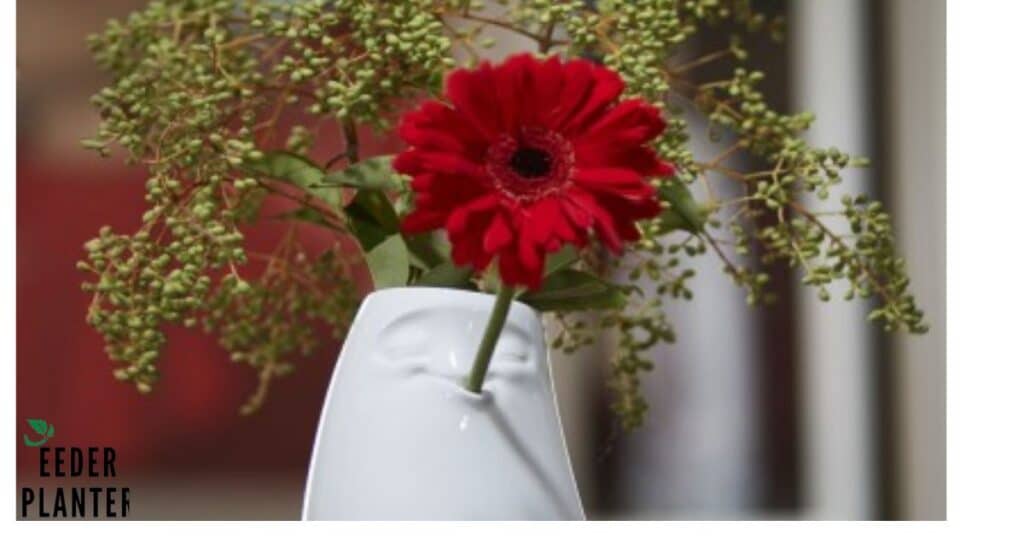
Delicate flower seeds with intricate germination requirements should not be planted. The orchids and those demanding a longer germination period, like hollyhocks, are not good to be planted in toilet paper rolls.
Orchids often require controlled environments and specialised mediums.While hollyhocks benefit from deeper containers due to their taproot development. These species necessitate more precise conditions and larger, stable containers to foster their unique growth patterns And making toilet paper rolls less suitable for their initial stages of cultivation.
Herb Seeds That Should Not Be Planted In Toilet Paper Roll
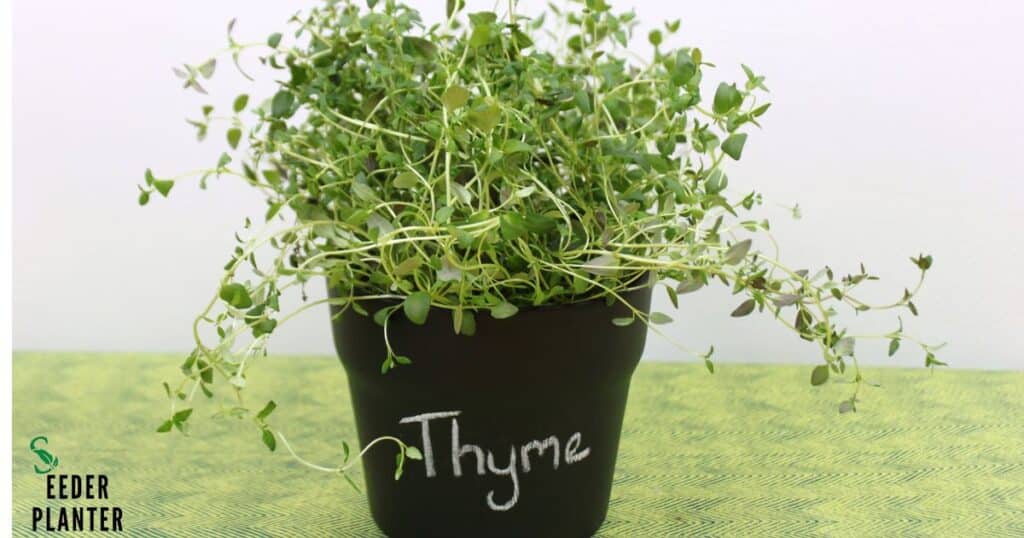
Certain herb seeds are better suited for alternative planting methods to it. Herbs with delicate roots or those sensitive to moisture fluctuations, such as basil, cilantro, and parsley, may not thrive in the limited and potentially waterlogged space provided by toilet paper rolls.
These herbs benefit from more controlled environments, with containers that offer better drainage and air circulation. Choosing appropriate seed-starting containers ensures optimal conditions for germination and early growth, enhancing the success of cultivating these herbs for culinary or medicinal use.
Vegetable Seeds That Should Not Be toilet paper roll planting
Certain vegetable seeds with delicate roots or longer germination periods are better suited for alternative containers than toilet paper rolls. Plants such as carrots, parsnips, and tap-rooted vegetables with sensitive roots may not thrive in the limited space provided by toilet paper roll planting.
Additionally, slow-germinating seeds, like those of peppers or tomatoes, might benefit from more controlled environments with specialised growing mediums. Opting for dedicated seed-starting containers ensures better conditions for the optimal growth of these particular vegetable seeds.
FAQ’s
Which vegetable seeds, due to their sensitive roots, are not recommended for planting in toilet paper rolls?
Carrots and parsnips are examples of seeds with delicate roots that may not thrive in this process.
What type of seeds, known for their longer germination periods, are better suited for alternative containers than toilet paper rolls?
Seeds of slow-germinating plants like peppers or tomatoes might benefit from more controlled environments.
Why should tap-rooted vegetables be avoided when using toilet paper rolls for seed starting?
Tap-rooted vegetables, such as those with deep root systems, may struggle in the limited space provided by toilet paper rolls.
For optimal growth, what kind of seeds should gardeners avoid planting in toilet paper rolls?
Seeds with specific needs, like those of delicate or slow-growing plants, may not flourish in the conditions provided by this paper roll planting.
Which alternative containers are recommended for seeds that require a nutrient-rich environment during their early growth stages?
Dedicated seed-starting containers or trays with specialised growing mediums are preferable for seeds that demand additional nutrients.
Final Thoughts
In the realm of seed starting, the use of toilet paper rolls presents an intriguing blend of eco-friendliness and creativity. While it serves as a cost-effective and sustainable means of repurposing a common household item, it’s crucial to acknowledge its limitations.
That procedure of planting shines brightly for certain seeds, offering an educational and budget-friendly experience. However, for plants with intricate requirements or those destined for a more extended growth period, exploring alternative containers and specialized growing mediums becomes essential.
As the cardboard confines dissolve in the garden soil, the journey from the humble toilet paper roll to a flourishing plant unfolds, emphasizing the cyclical nature of sustainability. Ultimately, gardeners find themselves not only nurturing seeds but also cultivating a deeper understanding of the nuanced interplay between resourcefulness and horticultural wisdom.

I am Alexander James, a seasoned professional with 4 years of expertise, brings passion and skill to every project. Elevate your experience with my knowledge and creativity.
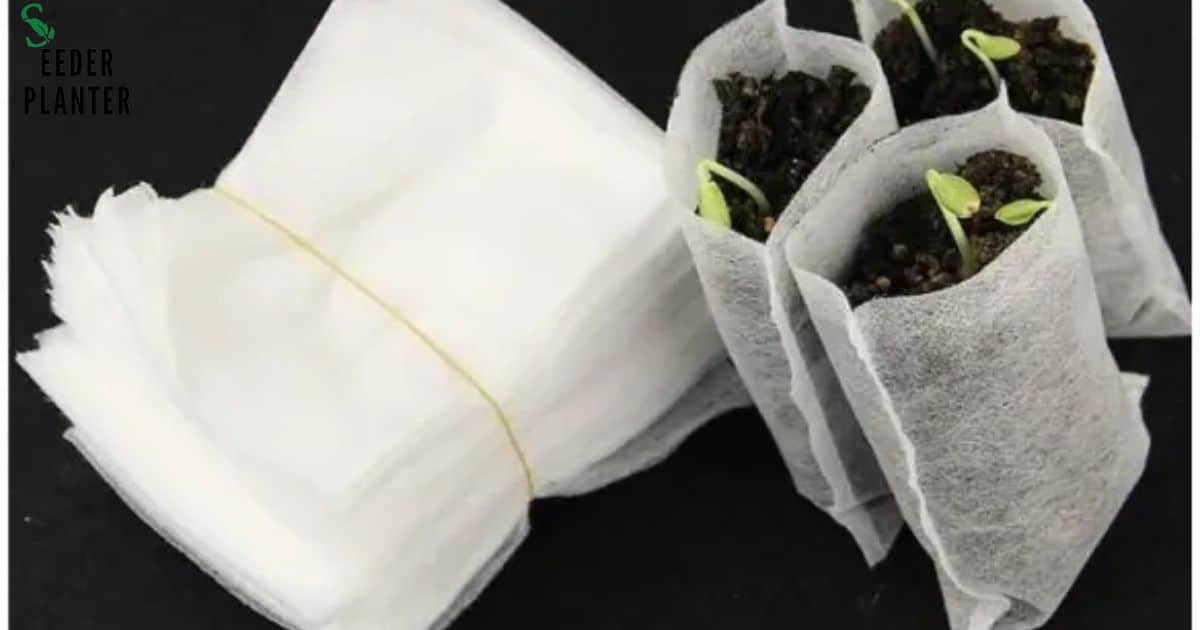
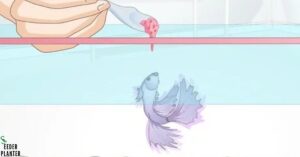
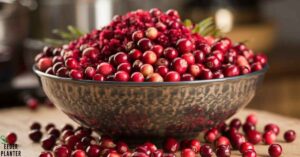
![Hollyhock Seeds: The Complete Guide to Success [2024]](https://seederabout.com/wp-content/uploads/2024/10/Hollyhock-Seeds-The-Complete-Guide-to-Success-2024-300x157.jpg)

